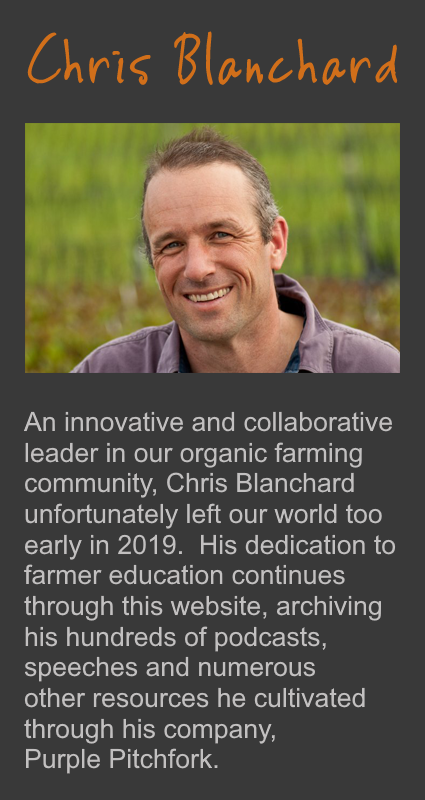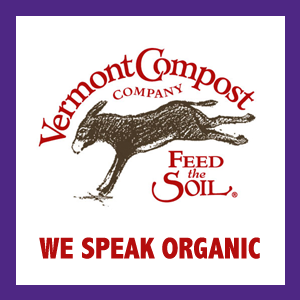Systems under stress degrade. Systems under more stress degrade faster. Degraded systems work less efficiently and are a lot less fun to be a part of.
Stress happens when systems operate beyond their normal capacity. The further beyond their capacity they operate, and the longer they operate there, the more stress is created on the system, and the less efficiently it functions.
On the freeway, traffic flows smoothly when there are less cars on the road. Add more cars, and the traffic flows less freely, although it still flows. However, there comes a tipping point where traffic starts to slow down for absolutely no reason. Normal function simply starts to break down when the system is pushed beyond what it can normally handle.
And worse, when some small thing does go wrong - when somebody has a fender bender and pulls to the side of the road - everything grinds to a dead halt.
We can reduce stress by increasing capacity or reducing pressure. On the freeway, that means building more lanes or reducing the number of cars. Either way, stress is reduced because the number of cars per unit of road goes down.
On the farm, keep in mind:
Stress happens when systems operate beyond their normal capacity. The further beyond their capacity they operate, and the longer they operate there, the more stress is created on the system, and the less efficiently it functions.
On the freeway, traffic flows smoothly when there are less cars on the road. Add more cars, and the traffic flows less freely, although it still flows. However, there comes a tipping point where traffic starts to slow down for absolutely no reason. Normal function simply starts to break down when the system is pushed beyond what it can normally handle.
And worse, when some small thing does go wrong - when somebody has a fender bender and pulls to the side of the road - everything grinds to a dead halt.
We can reduce stress by increasing capacity or reducing pressure. On the freeway, that means building more lanes or reducing the number of cars. Either way, stress is reduced because the number of cars per unit of road goes down.
On the farm, keep in mind:
- The cost of reducing stress is almost always less than the cost of the consequences of stress.
- Planning is the best way to increase capacity at the lowest cost. Knowing what needs to be done on a daily, weekly, monthly, and yearly basis gives you the tools you need to deal with the variations that otherwise cause everything to blow up.
- You almost always have to reduce pressure to increase capacity. On the freeway, you close lanes to build more lanes. In organic farming, you might grow cover crops to increase output in future years, or dedicate land to hedgerows to provide habitat for beneficial insects and other creatures.
- Filling things to capacity creates congestion. If you expand your acreage and immediately fill every square foot with crops, you haven’t changed the relationship between capacity and pressure - you’ve just put more cars on a bigger freeway.
- Increased capacity - whether it’s soil fertility, staffing, irrigation, or cooler space - increases your ability to achieve high throughput without having to worry about the details.
- You have to counteract stress. One car driving over the same freeway for enough time will eventually create the need for road repairs. You have to plan for time to reorganize, rebuild, and refresh, whether that’s in your shop, your crop rotation, or your family life.
Tools for Managing and Motivating Employees on the Farm
Employees make it possible to get more done, but managing workers and their work takes dedicated time, energy and processes. Whether you manage one seasonal worker or a large year-round crew, good management can make the difference between making headway on your farm's work or just creating headaches. Join veteran farmer and educator Chris Blanchard to learn how to create a productive, positive work environment by communicating clear expectations and implementing systems for efficiency and accountability. In this workshop, you'll learn how to: utilize practical tools to increase employee satisfaction and productivity, remove emotion from management decisions and actions, and build a team culture.
Three events this fall:
Hemmingford, Quebec | Friday, October 23
hosted by La Ferme des Quatre-Temps
10:00 AM - 3:00 PM
(1 hour from Montreal; 90 minutes from Burlington, Vermont)
Cedar Rapids, Iowa | Monday, November 30
hosted by Iowa Valley Resource Conservation and Development
10:00 AM - 2:30 PM
Columbia, Missouri | Tuesday, December 8
hosted by Missouri Young Farmers Coalition
10:00 AM - 3:00 PM
Three events this fall:
Hemmingford, Quebec | Friday, October 23
hosted by La Ferme des Quatre-Temps
10:00 AM - 3:00 PM
(1 hour from Montreal; 90 minutes from Burlington, Vermont)
Cedar Rapids, Iowa | Monday, November 30
hosted by Iowa Valley Resource Conservation and Development
10:00 AM - 2:30 PM
Columbia, Missouri | Tuesday, December 8
hosted by Missouri Young Farmers Coalition
10:00 AM - 3:00 PM




 RSS Feed
RSS Feed
